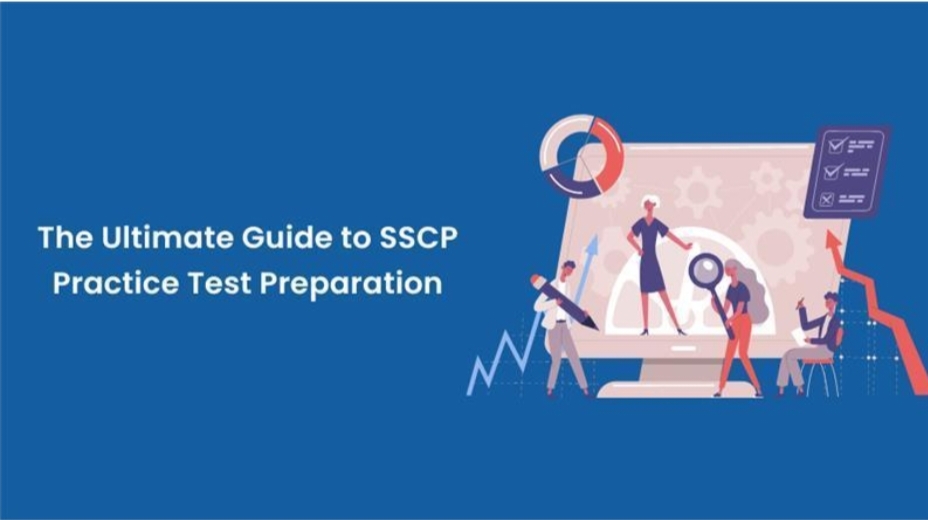Getting the Systems Security Certified Practitioner (SSCP) credential is an important first step in your information security career. The SSCP certification attests to your proficiency in developing, managing, and overseeing secure IT infrastructure. Thorough SSCP training and careful planning are required to obtain this renowned certification. SSCP Practise Test are one of the best ways to determine how prepared you are for the exam. In this blog, we’ll discuss the significance of SSCP Training and provide insightful advice on getting the most out of your study process.
Table of Contents
- The Significance of SSCP Practice Tests
- Creating a Study Plan
- Choosing the Right SSCP Practice Tests
- Simulating Exam Conditions
- Learn from Mistakes
- Track Your Progress
- Avoid Burnout
- Conclusion
The Significance of SSCP Practice Tests
Your complete preparation plan must include SSCP practice exams. They offer a simulated testing environment that aids in familiarisation with the real exam’s structure and format. Taking practice exams can help you gain a better understanding of the types of questions you can expect, the time limits, and the pressure of answering under exam circumstances. Additionally, by identifying your skills and limitations, you can concentrate on the areas that need improvement, thanks to these practice exams.
Creating a Study Plan
Making a well-organised study strategy before starting SSCP practice exams is essential. Make manageable study sessions and allot enough time to each domain in the SSCP exam syllabus. This strategy guarantees thorough coverage of every subject and avoids last-minute cramming. Incorporate frequent practice exams into your study schedule to keep track of your progress and evaluate how well you understand the subject.
Choosing the Right SSCP Practice Tests
Choosing trustworthy and legitimate resources is crucial because not all practice exams are created equal. Find reliable training companies or authorised ISC(2) partners that deliver excellent SSCP practice exams. To give you a realistic preview of what to expect on test day, these suppliers frequently create their practice examinations to closely mimic the real test. Additionally, look for practice exams that provide thorough justifications for each response since this will aid you in comprehending the thought process that went into the right answers.
Simulating Exam Conditions
When taking SSCP practice exams, attempt to mimic exam circumstances as precisely as possible. Set a timer to simulate the exam’s time restrictions in a calm, distraction-free area. By becoming accustomed to the testing atmosphere, you can develop the mental stamina required to maintain concentration throughout the actual exam.
Learn from Mistakes
Review all of your responses, both right and wrong, after finishing each practice exam. Examine the questions you answered wrong to determine where you need to make improvements. To improve your knowledge base, concentrate your upcoming study sessions on these areas that need improvement.
Track Your Progress
Monitoring your development while preparing for the SSCP practice test is critical. Keep track of your performance on each practice exam so you can spot trends and advancements over time. This tracking can help you assess your preparation for the test and increase your confidence.
Avoid Burnout
Practise exams are crucial, but it’s as important to maintain a healthy balance and prevent burnout. Continuous testing taken to the extreme may be draining and unproductive. Incorporate brief pauses and recreational pursuits into your study schedule to maintain a healthy mind.
Conclusion
SSCP practice exams are a priceless tool for successful exam preparation. They provide you with a true representation of the test, assist you in determining your strengths and shortcomings, and enable you to hone your knowledge and abilities accordingly. You confidently may face the SSCP certification exam and succeed in your information security job by developing a well-structured study strategy, selecting dependable practice test materials, and emulating exam circumstances.

